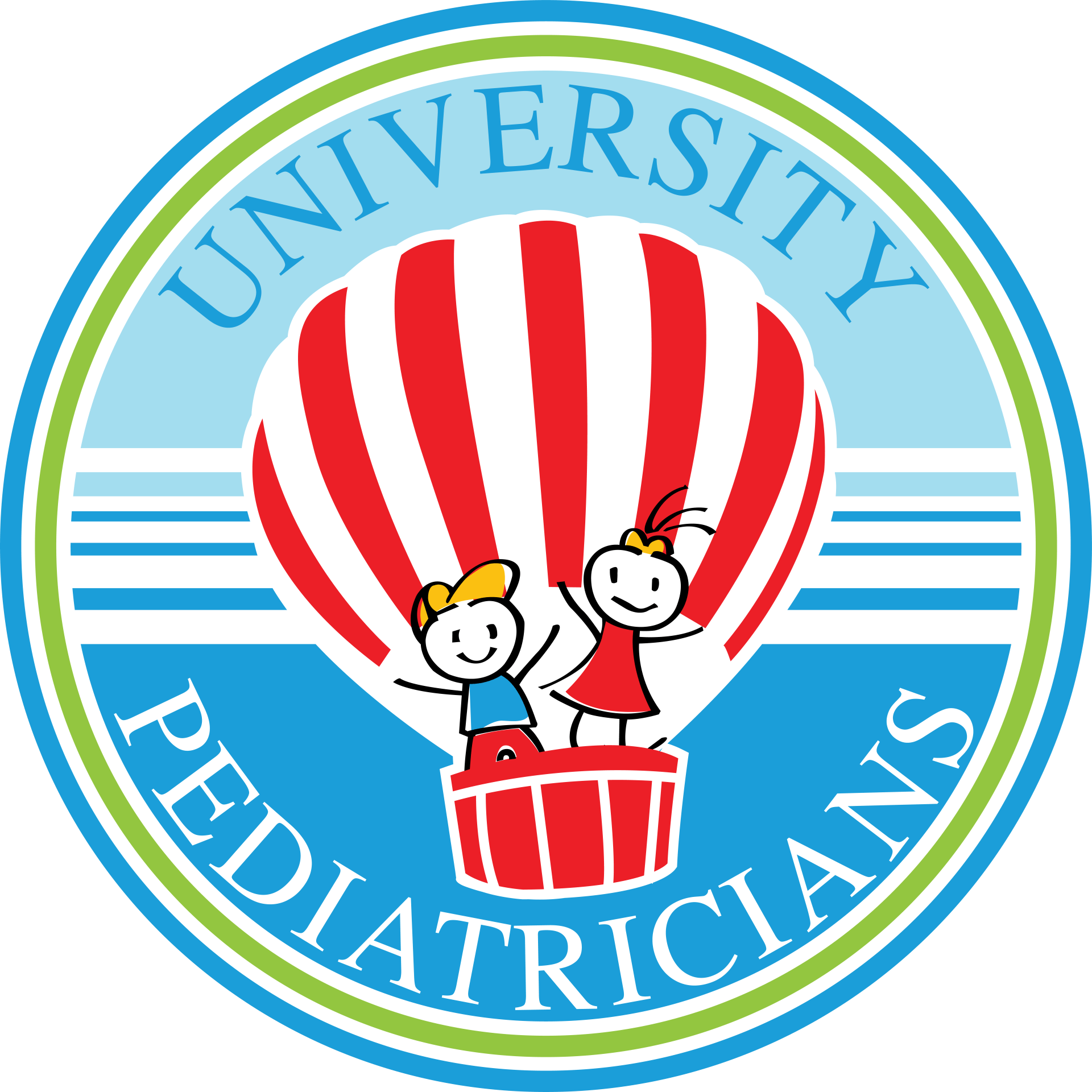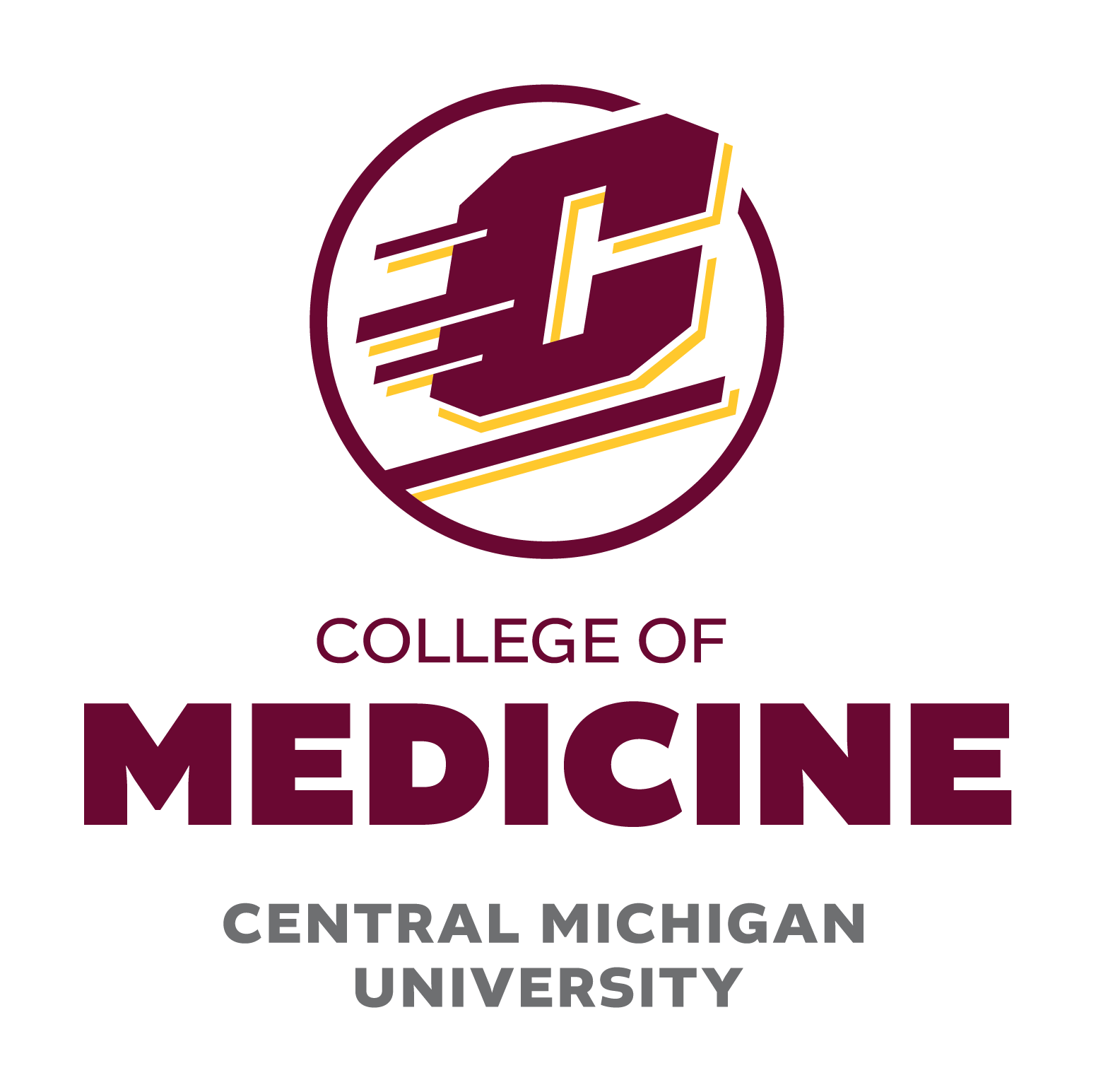General Pediatrics & Adolescent Medicine
University Pediatricians | Michigan
About the Divisions of General Pediatrics & Adolescent Medicine
Our Pediatric Practice provides primary care service for patients 0-22 years of age. This includes preventive, adolescent and complex care service. Our Medical Home Team coordinates care for complex care children with developmental, cognitive and physical disabilities. Our interdisciplinary behavioral health service facilitates the identification and management of children with attention deficit disorder, anxiety, autism, depression, eating disorders, lead exposure, co-morbidities of prematurity and sensory deficits. We also provide primary care for children with congenital disorders of cardiac, respiratory, endocrine, metabolic and musculoskeletal organ systems. Chronic medical conditions include asthma, nutritional deficiencies, obesity and hypertension. Our providers come from diverse ethnicities and have varied interests.
Our Division is responsible for the provision of General Pediatric education for residents in Pediatric, Family Medicine and Internal Medicine-Pediatric training programs. At least 30% of each graduating residency class chooses a career in General Pediatrics—including Primary Care (private office, health care systems), Academic Pediatrics and Hospital Medicine.
Our practice is open Monday –Friday, 8 am – 6 pm. Our RN triage service is also available Monday-Friday, 8 am – 6 pm. Same day or next day acute appointments are available. After hour service is provided by answering service and one of our practitioners on beeper call.
General Pediatrics
The Children’s Hospital of Michigan (CHM) treats the most children for inpatient pediatric care in the state of Michigan.
The Division of General Pediatrics at CHM treats children from newborn to 21 years of age. In addition to providing parent education, immunizations and well child check-ups, pediatricians on staff see patients for a variety of acute and chronic illnesses. This is often the first stop for patients requiring a diagnosis and treatment, or a referral to a specialist if necessary.
In addition, primary care specialists on staff evaluate and treat attention deficit disorder, developmental delays, special needs and maltreatment. A Lead Treatment Clinic is also offered through the department. The department offers a training site for medical assistants, nurses, nurse practitioners, medical students and pediatric residents. The staff participates in local, state and federal advocacy endeavors in order to ensure the continuation of quality service for patients and families and serves as a key site for Michigan's largest pediatrician training program.
Adolescent Medicine
The Adolescent Medicine Division at CHM specializes in the care of adolescents from ages 11 through 21. The division provides comprehensive adolescent health care services to all male and female adolescents, including complete school, camp, sports and routine physical examinations and immunizations. Other services include full pelvic examinations and pap smears, and management of chronic illnesses such as asthma, diabetes, seizure or bowel diseases in close cooperation with other specialists.
Special programs include the Adolescent Transition Clinic designed to assist special needs patients in transitioning from the Adolescent Clinic in a pediatric hospital to an Internal Medicine setting and psychological services.
Leadership
Division Chief: Yvonne M. Friday, MD
General Pediatrics & Adolescent Medicine Clinical Programs
Faculty
Faculty
- Ahdi Amer, MD
- Leland Babitch, MD
- Alcesa Backos, MD
- Kenghia Billings, MD
- Yvonne M. Friday, MD - Division Chief
- Sridevi Gandra, DO
- Sharen Joseph, MD
- Rana Khatib, MD
- JP Kelly, DO
- Tiffany Lee, MD
- Matthew LaCasse, DO
- Melodie Miranda, MD
- Bradley Norat, MD
- Latonya Riddle-Jones, MD
- Sumita Roy, MD
- Lauren Snabb, MD
- Nadia Tremonti, MD
- Staci Wang, MD
- Tiffney Widner, MD
- Neda Saker, MD
Advanced Practice Providers
- Heather Bartlett, CPNP - Ambulatory Pediatrics
- Chistina Durkin, CPNP - Ambulatory Pediatrics
- Brittany Hayden, CPNP -
Ambulatory Pediatrics
Want to learn more about our distinguished specialists? Click the button below to be taken to our Faculty Directory.
Education
Undergraduate Medical Education
Children’s Hospital of Michigan provides medical student education for all levels of undergraduate medical education. During the first two years of Medical School, we are available for mentoring and pre-clinical exposure by arrangement. Clinical rotations for both third year clerkships and fourth year electives are also available. We are especially proud of our fourth year Subinternship that provides preparation for those planning a Pediatric Residency training. Our current Medical School affiliation is with Central Michigan University. We also train students from schools such as, Meharry Medical College, Michigan State University College of Medicine and Wayne State University School of Medicine.



